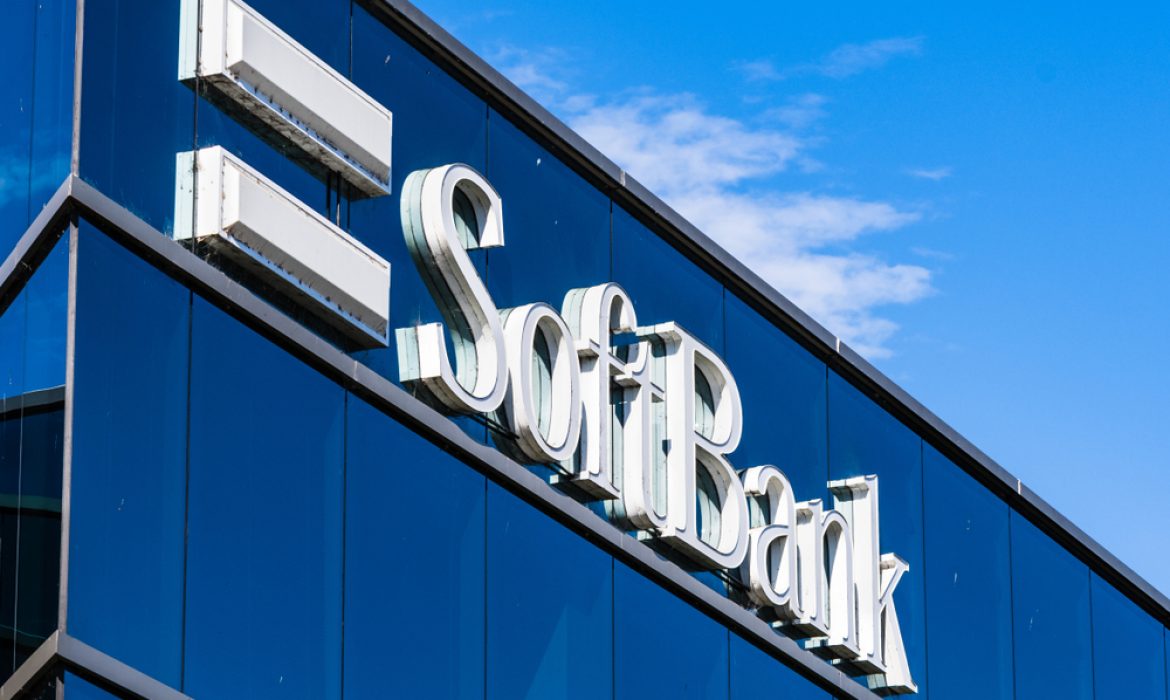SoftBank Group’s visionary founder, Masayoshi Son, is scaling new heights in his quest for technological dominance. According to a recent Bloomberg report, Son is actively seeking a staggering $100 billion in funding for his latest venture, codenamed Izanagi, poised to challenge Nvidia’s supremacy in the realm of artificial intelligence (AI) chips.
Izanagi is set to collaborate with Arm, a chip design company that SoftBank strategically spun off as a public entity last year, maintaining a significant 90% ownership share. This symbiotic relationship positions Izanagi to leverage Arm’s expertise in chip design for its foray into AI chip production.
In a strategic move reminiscent of SoftBank’s Vision Fund creation, the company aims to secure $70 billion of the targeted $100 billion from institutional investors in the Middle East, with SoftBank itself contributing the remaining $30 billion. The specifics of this ambitious project remain shrouded in secrecy, as SoftBank declined to comment on the Bloomberg report.
Nvidia, a current AI chip market dominator with its GPU chips, faces a potential challenge from SoftBank’s Izanagi. The projected growth in demand for AI processors opens opportunities for innovative alternatives, whether through similar GPU technologies, novel approaches, or entirely different processing methods.
In a parallel development, OpenAI’s CEO Sam Altman is reportedly engaging with investors in the United Arab Emirates to secure between $5 trillion and $7 trillion for a distinct AI chip initiative. OpenAI, at the forefront of generative AI development with models like GPT, emerges as a significant player in the AI chip market due to its substantial chip consumption for various services, including ChatGPT.
While Altman’s project aligns with SoftBank’s broader AI chip ambitions, the Bloomberg report indicates that Izanagi appears to be a separate venture. Details regarding core technology builders and the project timeline remain undisclosed, intensifying the intrigue surrounding these transformative endeavors.
SoftBank’s strategic shift towards AI aligns with its broader transition from substantial returns on early investments in Alibaba. Historically, Alibaba contributed significantly to SoftBank’s profits, but the company is strategically divesting its stake to reinvest in AI. This shift follows a $32 billion loss in SoftBank’s high-profile Vision Fund, prompting a defensive and offensive move into the evolving AI landscape.
Despite challenges, SoftBank, bolstered by its 90% stake in Arm, has experienced a remarkable recovery. The Vision Fund’s recent quarter return reached its highest since March 2021, accompanied by a nearly 50% surge in Arm stock, fueled by the growing demand for AI chips. SoftBank’s CFO, Yoshimitsu Goto, emphasizes Arm’s increasing indispensability in the AI ecosystem.
Arm, acquired by SoftBank in 2016 for $32 billion, went public on the Nasdaq exchange in September 2023, achieving a valuation of $64 billion. With clients such as Apple, Google, Microsoft, and Amazon, Arm’s influence extends beyond AI, encompassing smartphone manufacturing and large language model development.
SoftBank’s revelation of Son’s AI chip project coincided with the company’s first quarterly profit in almost three years, underscoring its resurgence. SoftBank shares surged by 2.8% following the announcement, solidifying Son’s position as a trailblazer in the dynamic landscape of artificial intelligence.
Source: TechCrunch


